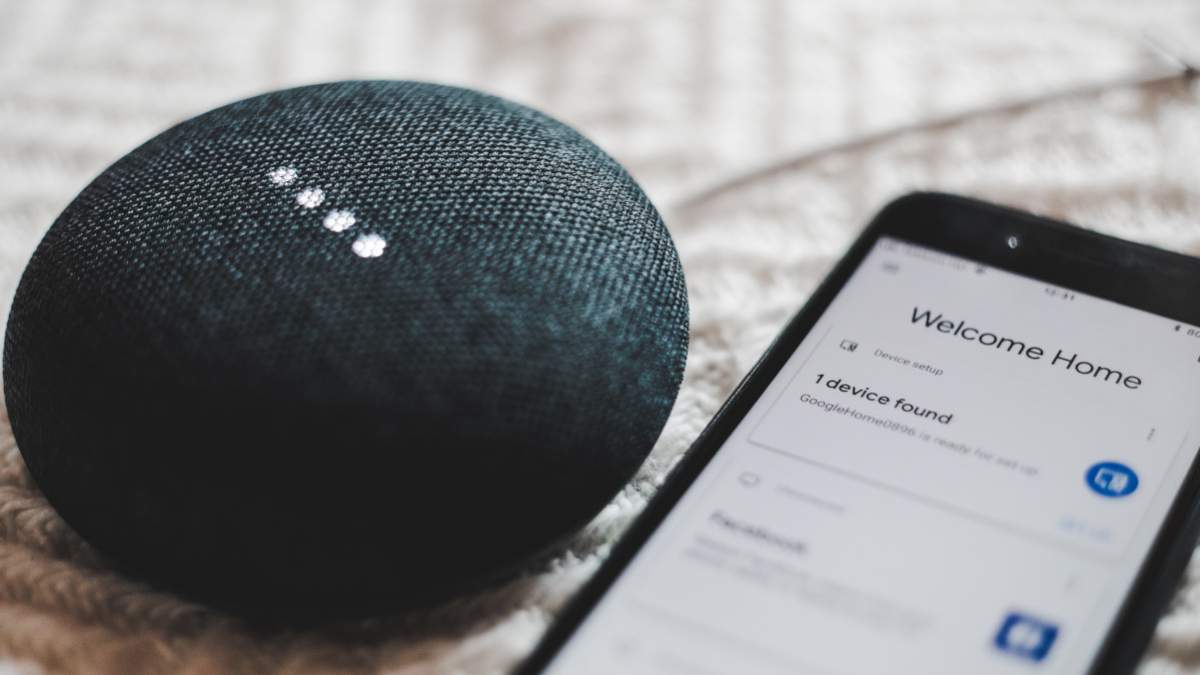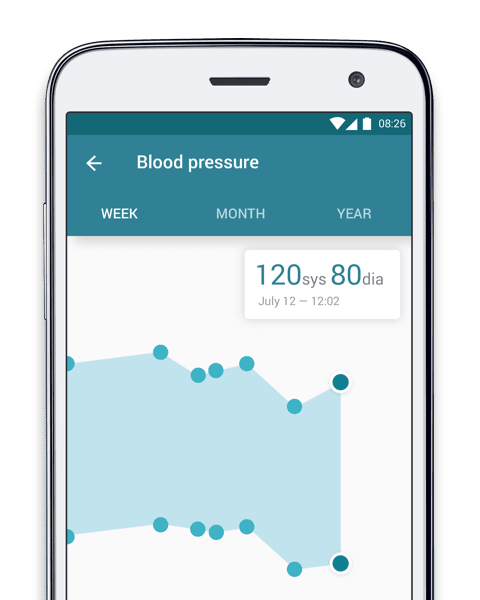Smart speakers have evolved from simply playing music or answering questions on command; they are now capable of performing a multitude of roles in your home proving to be indispensable to many households. Google Assistant and Amazon’s Alexa – the brains behind many smart speakers – are becoming used in increasingly sophisticated and diverse ways. Some of the latest innovations relate to healthcare; here are 5 conditions your speaker may soon be able to detect – possibly saving your life.
5 Ways Smart Speakers Might Save You and How It Works:
1. Cardiac Arrest
An estimated 500,000 Americans suffer from cardiac arrest in a year with less than 6% surviving. Cardiac arrest is characterized by the heart’s sudden failure of pumping blood throughout the body, resulting in an abrupt loss of blood flow. Early cardiopulmonary resuscitation (CPR) is crucial to increasing the chance of survival. Should immediate resuscitation be carried out, the likelihood of survival increases two to three times.
However, the chance of survival decrease by 10% with every passing minute beginning from the time of collapse to the return of blood circulation and studies have shown that ambulances typically reach within 8 minutes in an urban area. Through early detection and notifying the relevant authorities, smart speakers can minimize the time between cardiac arrest and alerting emergency services, increasing chance of survival. This would prove especially useful to people who live alone.
How does this work:
One key sign of cardiac arrest is agonal breathing. This happens when people struggle for air and make a guttural gasping noise. Due to the distinctiveness of this indicator, it has been deemed as a suitable biomarker that will help in identifying situations where someone is suffering from a cardiac arrest. By being able to detect these diagnostic biomarkers, researchers aim to link unnoticed cardiac arrest victims to emergency medical services (EMS) or people who are able to carry out CPR in the vicinity.
The University of Washington has used machine learning to comb through 729 emergency calls and incorporated other distractions such as snoring, to ensure that the final product would result in minimal false positives. Despite this function of smart speakers being in the proof-of-concept stage, researchers have succeeded in programming smart speakers to detect agonal breathing events 97% of the time from up to 6 meters (20 feet) away. The goal would be for the system to emit 15 to 30 seconds warning to users that emergency services are about to be called as a time allowance for users to cancel if it was a false alarm.
2. Mental Health Issues
Based on our inexpert knowledge of voices and the different nuances very individual has, one might think that robots or tech gadgets would never be able to accurately pick up the distinct tonality of our voice and categorize it under a specific emotion, such as whether the user is sad or happy. However, in 2017, Amazon filed a patent for technology that would allow Alexa to analyze a user’s voice and determine whether they might be sick or depressed, and market specific products to you based on your physical or emotional state. This was followed by Amazon designing an application in 2018, that works alongside Alexa, called DepressionAI, and is able to identify suicidal tendencies and offer support by recommending therapists who are situated nearby.
How does this work?
In order to activate Alexa, the user would have to use voice activation by saying “Alexa” prior to their command. Amazon Echo then records an audio file of every interaction. These interactions are examined and used to generate a baseline of what you sound like on a daily basis as well as to enhance Alexa’s ability to recognize your voice. An algorithm would be created to determine your emotional state base on a number of factors: pitch, pulse, voicing, jittering and harmonicity of voice. With the algorithm and a baseline, Alexa is able to detect abnormalities in one’s emotional state.
Other posts you may be interested in on the MyTherapy blog:
- Multiple Sclerosis: 3 Ways Voice Recognition Tech Can Assist You Every Day
- The Smart Devices Transforming the Lives of People with Disabilities
3. Infant Care
Similar to sensing a cardiac arrest, the University of Washington also invented a device that uses white noise that both soothes and monitors an infant’s breathing and movement. While these devices are not meant to minimize the risk of Sudden Infant Death (SID syndrome), they are created to ensure that babies are getting sufficient rest and to monitor breathing for specific infants whose doctors have indicated that their breathing needs to be monitored. This function also serves new parents who are anxious about their child’s wellbeing and want to monitor them closely.
How does this work?
The smart speaker is designed in such a way that it is able to play white noise while also using its built-in microphones to pick up the reflected noise. Moreover, when it is analyzing what is reflected, an algorithm will remove what was caused by the white noise, leaving behind the noise caused by an infant’s breathing.
4. Common Cold
Amazon also owns a patent that enables Alexa to identify common illnesses such as a cough or a cold. Similar to picking up discrepancies with regards to voice changes to detect mental health disorders, Alexa is also able to detect the common cold symptoms such as the presence of coughing or sneezing. When one is down with the cold, there would also be slight changes to the tone and tenor of one’s voice. After sensing this physical abnormality, Alexa is able to determine the exact illness and make a diagnosis.
5. Sleep Apnea
When used with the right apps, Alexa is able to monitor your sleep and detect whether you have sleep apnea. This is extremely useful to individuals who live alone and may experience sleep troubles or difficulties but have no explanation for it. Sleep apnea is a potentially life-threatening sleep disorder, should it go undetected, as it is characterized by breathing intermittently stopping and starting. Some symptoms include gasping for air while asleep, loud snoring, and waking up with a dry mouth.
Smart speakers are able to differentiate sleep apnea’s symptoms with that of a cardiac arrest, as they usually have access to an extensive database of people snoring. With this data set, smart speakers are able to accurately identify whether their user experiences sleep apnea.
Conclusion
These functions will undeniably prove useful to many and could potentially redefine the medical technology industry. Nonetheless, while this may seem like an ingenious invention, it also comes with many controversies and concerns that will not sit well with the majority. You can read about the issues, including concerns over privacy, here: 5 Serious Concerns About Smart Speakers Monitoring Your Health
Take a look at some of the other posts on the MyTherapy blog:



